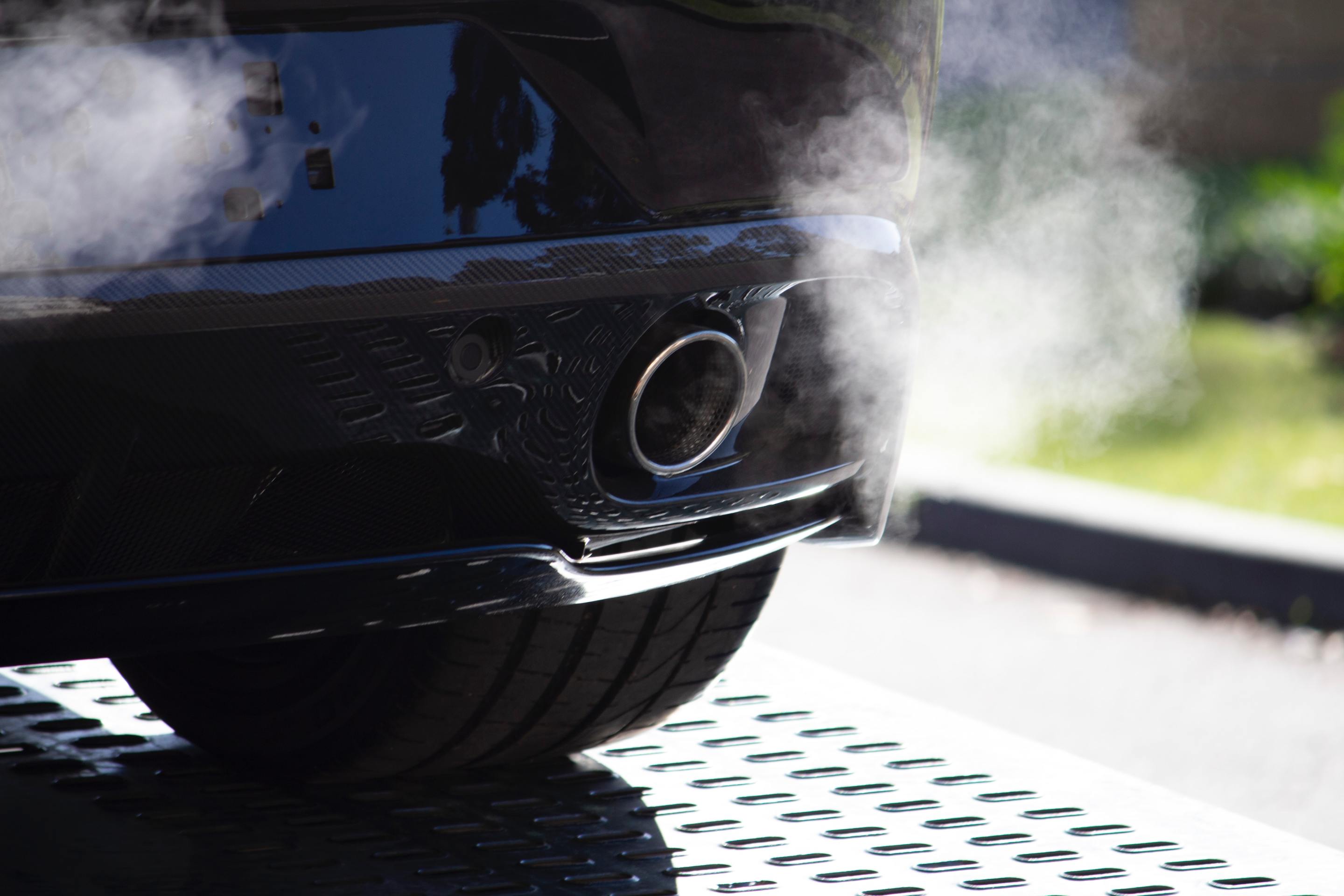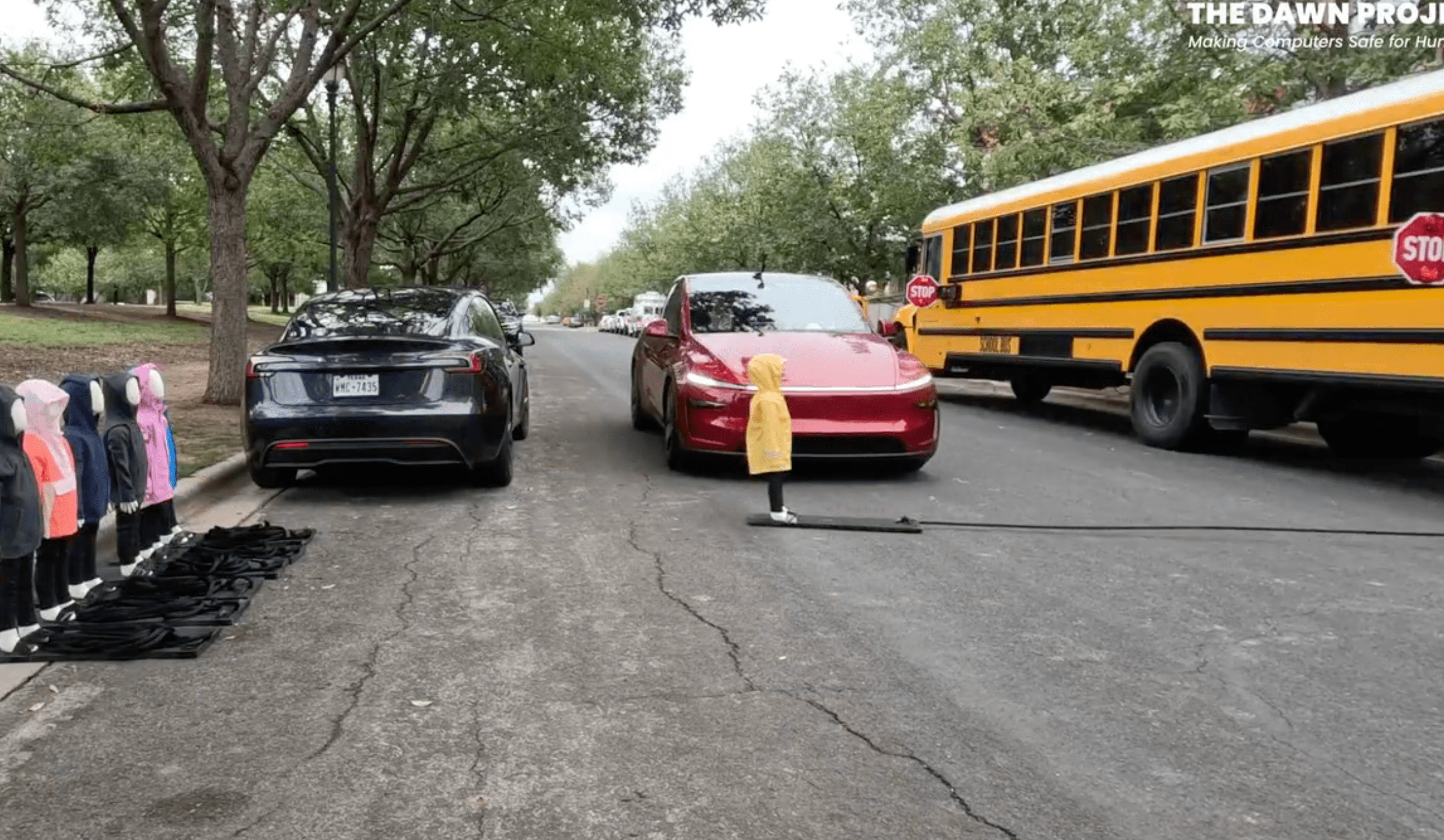Down in balmy South Florida, D-Day is approaching for riders of the the popular Tri-Rail transit system. A looming $18 million shortfall has forced the Tri-Rail board to approve a budget that slices daily service and stops all trains by 2011 -- although ridership has doubled since 2005.
 Tri-Rail trains like these could stop running by 2011. (Photo: National Corridors Initiative)
Tri-Rail trains like these could stop running by 2011. (Photo: National Corridors Initiative)Tri-Rail's troubles are largely attributable to the bad economy, which has clipped the amount that the network's three participating counties can contribute to the transit system by an estimated $9 million. Making matters worse, the county aid must be matched dollar for dollar by the state DOT, doubling the size of that gap and forcing Tri-Rail to the brink.
As the Palm Beach Post noted yesterday, Tri-Rail's request that state legislators okay a $2 rental car tax to save transit service is hardly a politically extraordinary one. But the Post's editorial also reveals Washington's role in perversely perpetuating the funding crisis.
Here's the rub: Tri-Rail got $16 million for new trains in the recent stimulus bill, but none of that can cover the shortfall because federal money generally cannot be used to cover operating costs.
Making matters worse, the Federal Transit Administration has informed Tri-Rail that it risks losing a crucial $256 million grant if daily service dips below 48 trains. Meanwhile, members of Congress are requesting up to $400 million in earmarks to extend Tri-Rail service to the northern end of Palm Beach County. What's the use of money to lay new tracks if Tri-Rail can't afford to run any trains?
The simple fix for this conundrum would be allowing local transit agencies to spend money from Washington on operating costs, an idea welcomed by both Transportation Secretary LaHood and lawmakers on Capitol Hill.
Yet the devil will be in the details, because expanding the potential uses for federal transit aid doesn't mean an automatic increase in the size of that pot of federal aid -- which is already illogically small. Saving transit systems such as Tri-Rail could mean a painful trade-off between building worthy new projects and making sure existing trains can run on time.





